
Advertorials | Jul 25,2025
It is not an object identified as being the perk of studying at Addis Abeba University – which was instead its superimposing sights, the library, classrooms, cafeteria, trees and the flowers. Unforgettable was also seeing a colour television for the first time in my life.
On one of those days, I was sitting alone in one of the newly constructed lecture halls on a late afternoon. With all its surroundings, it was an architectural wonder. Unsurprisingly, I preferred to study inside any one of them. Adding a unique ambiance to the lecture halls were the TVs hanging from the ceilings - a sight that used to amuse me.
They were never opened, and I used to wonder why in the first place they were there. But that day, all of a sudden, all at once, they were opened and started to show what I later found out was a music video. Fear-provoking images, accompanied with frightening musical sounds with besieging extra shock effects. It was Michael Jackson’s Thriller. I was scared to death.
I was not familiar neither with the audible nor the visual. I also neither had an idea of who the singer was nor any idea of his signature dance moves – not even the strange rhythm of pop. All I can tell afterward was that I could not stop humming to the song.
A little while after this experience, I began to live around Qera, close to the Anbessa Bus terminuses. Every morning on the bus trip to campus, undergrads at the Yared Music School used to join me. Two boys, in particular, one of them a college Professor now, used to talk about music. Much of it was beyond my comprehension. Yet, notes I took from what they used to talk endured. As words in orchestration and harmony were repeatedly mentioned, I started to value every instrument and thus of their players in a band.
It was not long after that a jazz orchestra from Germany came and staged a show at our campus. Having no idea about what it was, almost all of us were enticed by one of the most pleasant words in the English language, which is said to roll like a long river off the tongue – Jazz.
But not many people in Ethiopia, unfortunately, have much appreciation for Jazz. Shortly after the program started, some three-fourth of the audience left. It was me and the likes of those undergrads from the Yared School that remained. And, of course, many expatriates, making it mainly a White audience.
After some performances - and we were amazed by the many improvisations of the instrumental players, the bandleader - through a speech between the music performances, announced that they came to Ethiopia for a reason. It was a reason to honor an individual’s monumental contribution who, unbeknownst to us, was in the audience.
It was Mulatu Astatke, a person that has what it takes to make that big difference whenever he is involved in an arrangement with any music ensemble. His rational instrumentation mix with Jazz has since become legendary, with his work celebrated in the fourth volume of Ethiopiques.
Because of him, not only are we familiarised with Jazz, which is brought in from the outside, through our music flavour, but the rest of the world stands to be familiarised with it as well. He has served as the realisation of Jazz’s improvisational essence but has stood the test of time – that time being five decades. We continue to see him on his vibraphone, as in his recent colorful concert at Sheger Park.
As with Thriller, and Ethio-jazz, a transcendent music experience on the first go is an unforgettable experience. It affixes the environment, the emotions and the mood of the era on memory, held together with the power of melody, tunes, and beats.
PUBLISHED ON
Apr 10,2021 [ VOL
22 , NO
1093]


Advertorials | Jul 25,2025
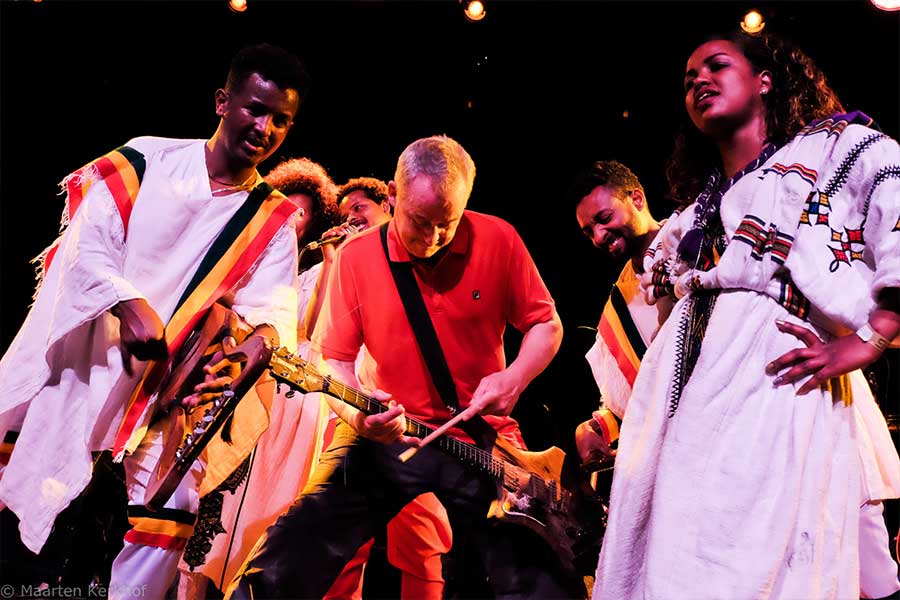
View From Arada | May 23,2020

My Opinion | Nov 14,2020

Life Matters | Mar 23,2019
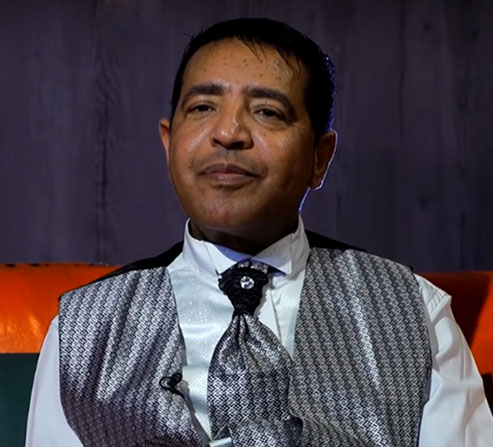
View From Arada | Apr 03,2021

Fortune News | Sep 26,2021

Radar |
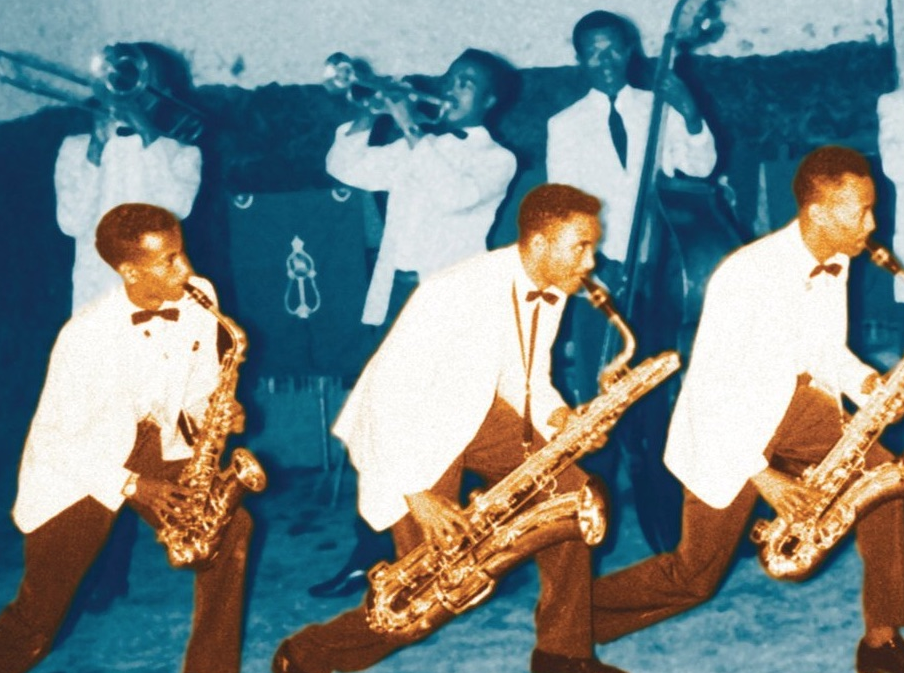
View From Arada | Jul 06,2019
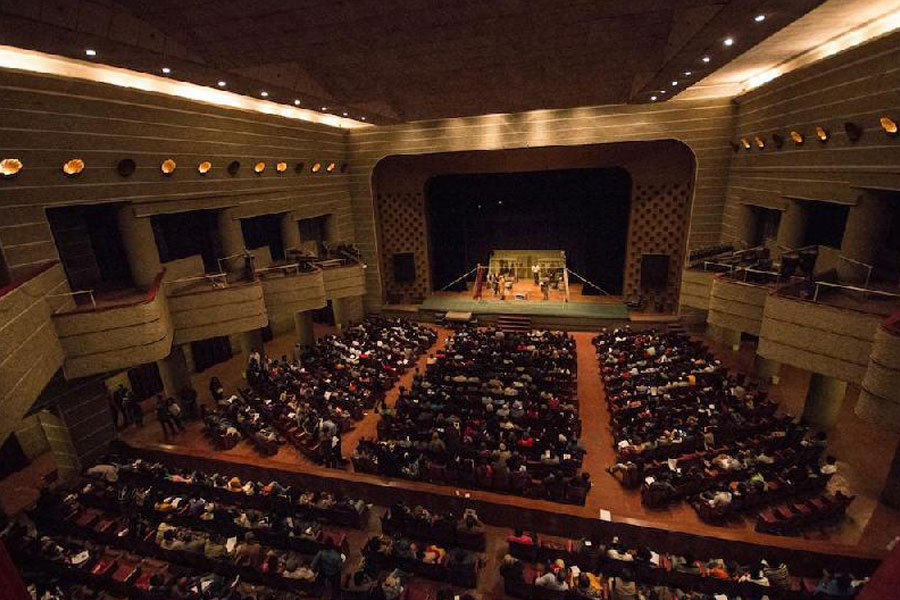
View From Arada | Mar 19,2022
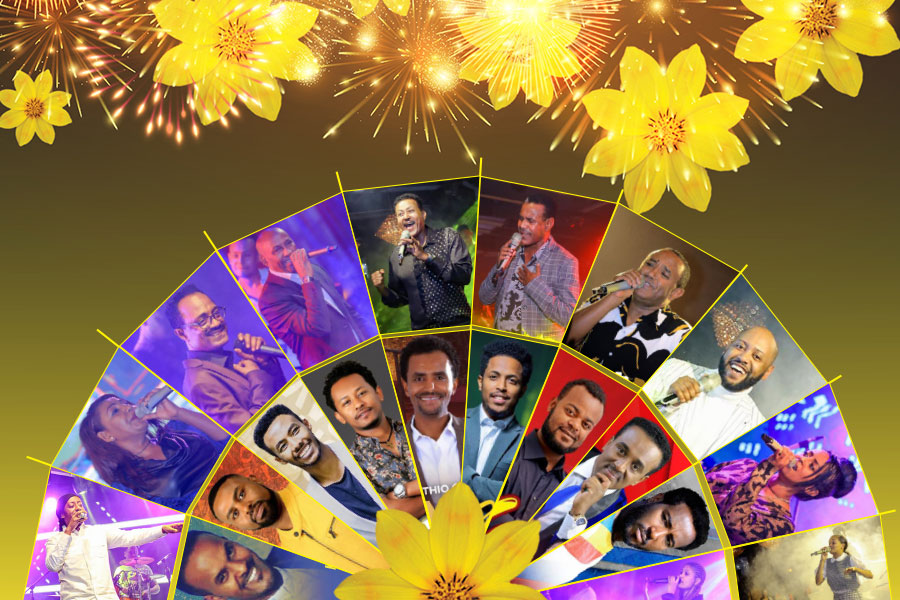
Fortune News | Sep 10,2021

Dec 22 , 2024 . By TIZITA SHEWAFERAW
Charged with transforming colossal state-owned enterprises into modern and competitiv...

Aug 18 , 2024 . By AKSAH ITALO
Although predictable Yonas Zerihun's job in the ride-hailing service is not immune to...

Jul 28 , 2024 . By TIZITA SHEWAFERAW
Unhabitual, perhaps too many, Samuel Gebreyohannes, 38, used to occasionally enjoy a couple of beers at breakfast. However, he recently swit...

Jul 13 , 2024 . By AKSAH ITALO
Investors who rely on tractors, trucks, and field vehicles for commuting, transporting commodities, and f...

Oct 11 , 2025
Ladislas Farago, a roving Associated Press (AP) correspondent, arrived in Ethiopia in...

Oct 4 , 2025
Eyob Tekalegn (PhD) had been in the Governor's chair for only weeks when, on Septembe...

Sep 27 , 2025
Four years into an experiment with “shock therapy” in education, the national moo...

Sep 20 , 2025
Getachew Reda's return to the national stage was always going to stir attention. Once...